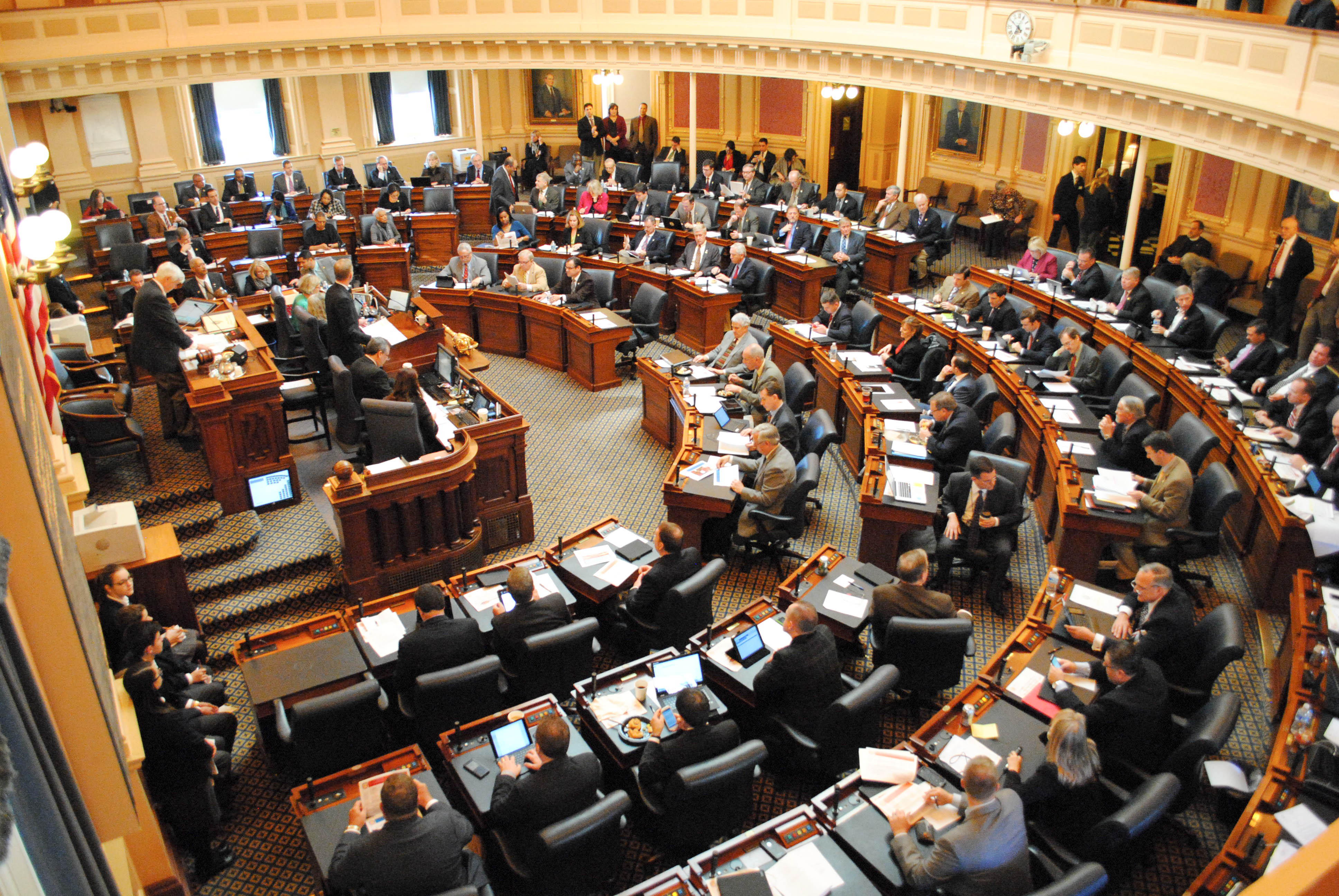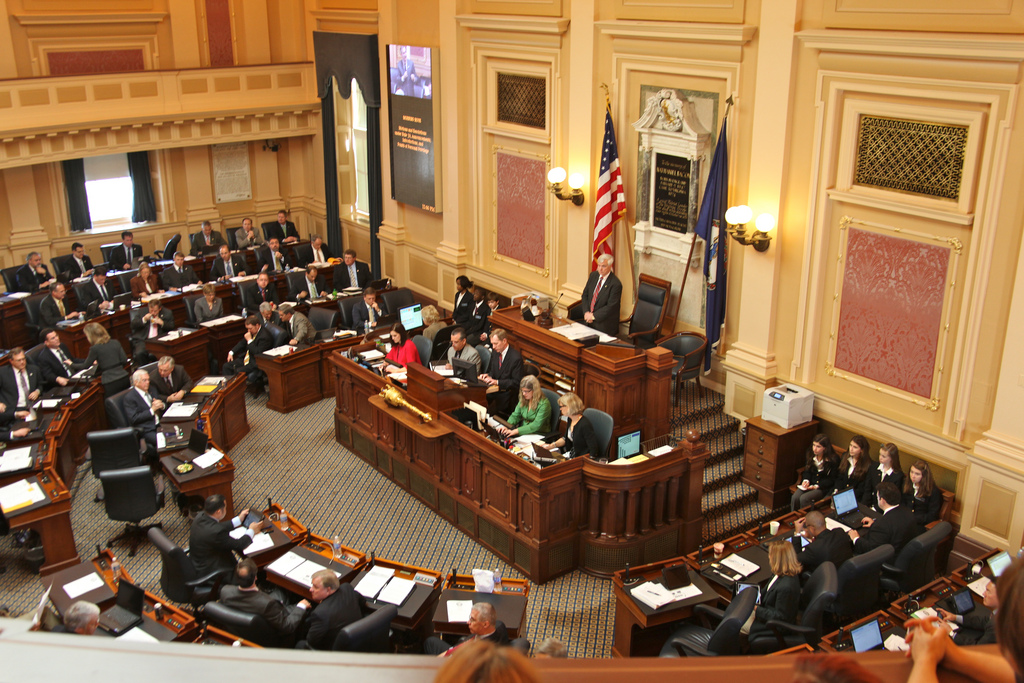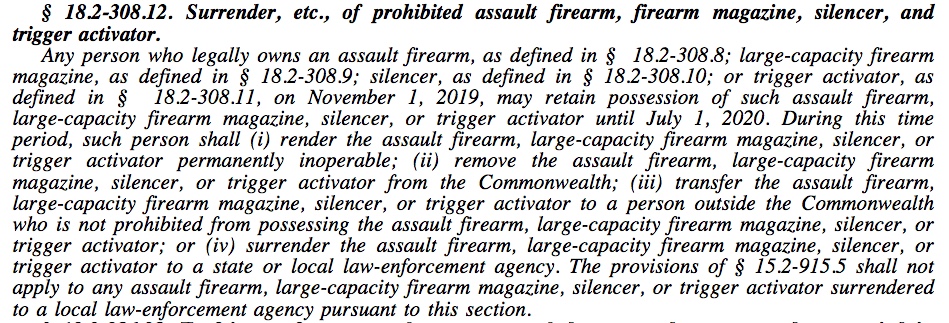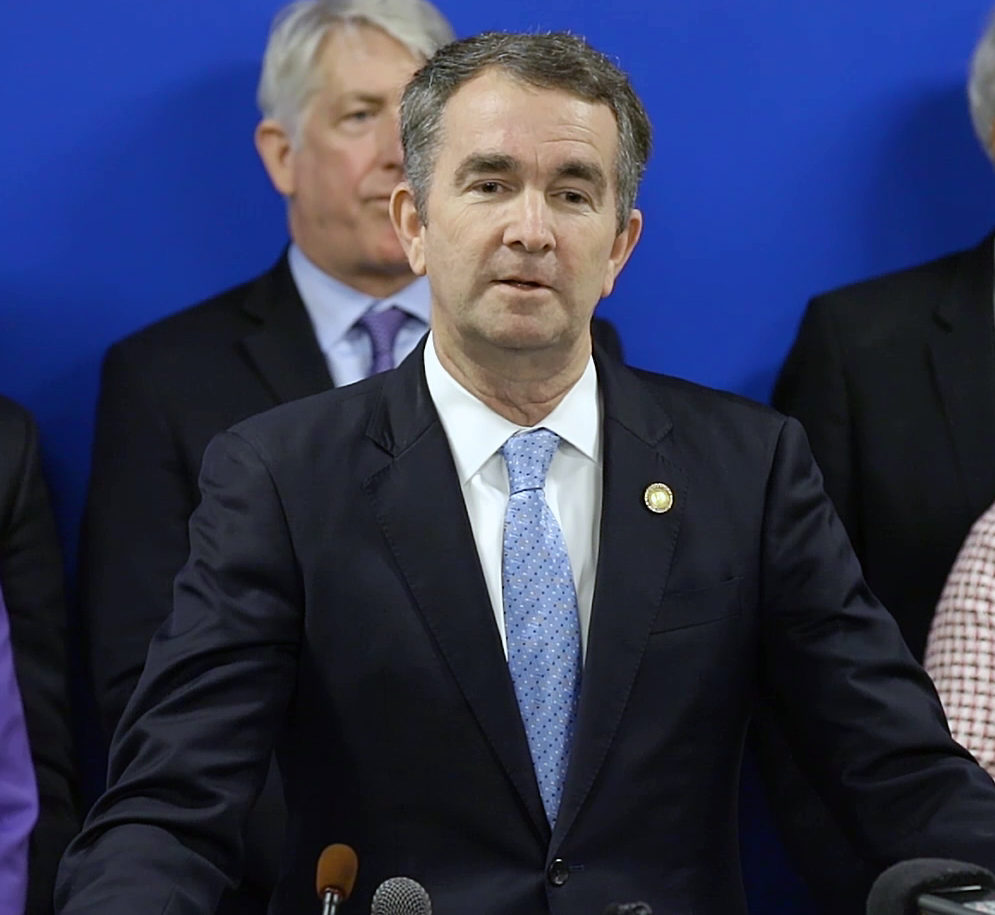Delegate Dave LaRock (R-Loudoun) said his biggest legislative priorities in the upcoming General Assembly session are conforming the Commonwealth’s tax code to federal guidelines, helping families secure state funds for their children to attend private K-12 schools in emergency situations, and to expand broadband connections across rural Virginia. The 2019 session will begin on January 9, originally scheduled for 30 days, with 45-day extensions very common in the modern era.
After Virginia’s windfall of tax collections months ago, LaRock said one of the easiest ways to provide for a middle-class tax cut is to reform the federally-conforming tax code in the wake of the Republican-led federal tax overhaul of December 2017. The Tax Cuts and Jobs Act signed by President Donald Trump has allowed for some of the best economic conditions nationwide in decades, allow Virginia to keep an unemployment percentage lower than the national average, with a decade-low 2.9 percent.
“The easiest step to help families would be to double Virginia’s standard deduction, which has been stalled at $3,000 for an individual and $6,000 for a couple filing jointly for decades,” LaRock told The Winchester Star. “By doubling Virginia’s standard deduction, joint filers with one child would be allowed $14,790 in tax-free income.”
In his district, which spans from metropolitan Loudoun County in the East to the rural, rolling hills of Frederick County bordering West Virginia, Delegate LaRock is championing a bill aimed at increasing the quality and availability of rural broadband service. The measure would allow providers and telecommunications companies to attach wires and other equipment to utility poles, with restrictions on the fees a utility company can charge. It would allow providers better access to infrastructure in rural areas without the great costs associated with the creation utility poles and wire.
“Broadband is not the same animal as electric power,” LaRock said, adding that “[utility companies] have a bit of a monopoly on the poles.”
Based on his previous sponsored legislation that would have created Education Savings Accounts (ESA’s) for parents to use state funds to send their children to private institutions – which was blocked three times by the administration of then-Governor Terry McAuliffe (D) – LaRock said he will introduce a bill to create Child Safety Accounts (CSA) that would do the same thing as ESAs but would be available to parents who “feel, for whatever reason, their child is unsafe at school.”
“A CSA would empower parents to remove their children from unsafe schools and choose a safer education environment,” LaRock remarked. Under his previously-defeated legislation, 90 percent of a student’s “Standards of Quality” funds, which is allocated to public schools, could be used to pay for for private school, educational therapies. or other services.
LaRock added, “CSA funds could be used to pay for tuition at public charter, parochial, private, and virtual schools, as well as homeschooling and other education-related expenses.”





